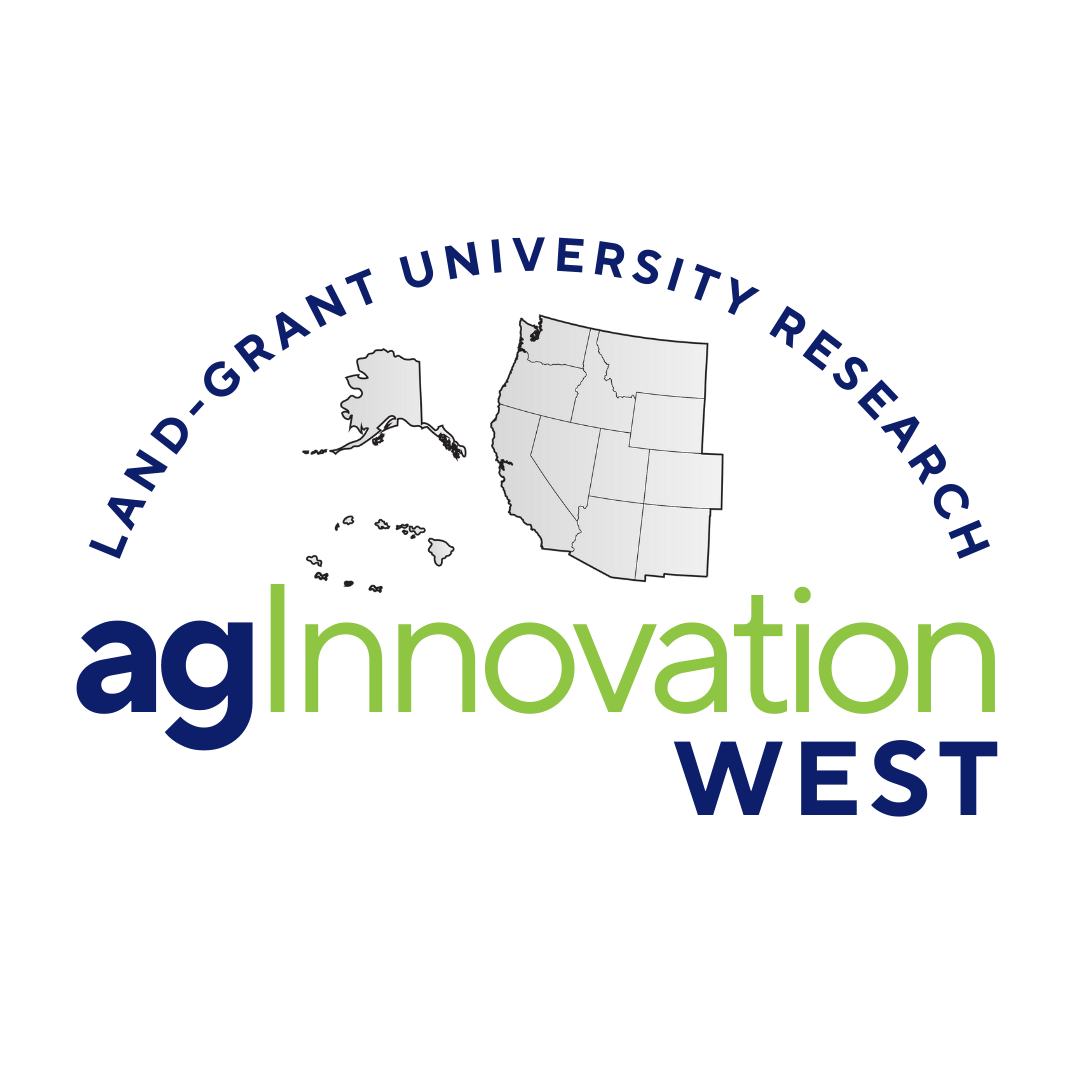
WDC14: Reduction of Error in Rural and Agricultural Surveys (from WERA1001)
(Multistate Research Coordinating Committee and Information Exchange Group)
Status: Inactive/Terminating
WDC14: Reduction of Error in Rural and Agricultural Surveys (from WERA1001)
Duration: 10/01/2007 to 09/30/2008
Administrative Advisor(s):
NIFA Reps:
Non-Technical Summary
Statement of Issues and Justification
Our nation depends upon sample surveys for a variety of important policy purposes, ranging from estimating unemployment rates (The monthly Current Population Survey conducted by the Bureau of the Census) to determining farm incomes and crop production patterns (The Annual Agricultural Resource Management survey conducted by the USDA). Similarly state, regional and local sample surveys are conducted to estimate opinions and behaviors of rural and agricultural populations for policy purposes. WERA 1001, which has coordinated the work of scientists from experiment stations in western and other states, as well as selected federal agencies since 2002, has contributed to the research aimed at improving the quality of sample surveys conducted in agricultural experiment station and extension work throughout the United States. This coordination has included replicating research across states. For example an article soon to appear in the scientific journal Rural Sociology, reports work by committee members in five states on methods of improving response in mail surveys. Work conducted within individual states has been influenced by designs used in other member states, some of which will be reported in a thematic session at the August 2007 meetings of the American Statistical Association, and will involve five coordinating committee members from five different states. WERA has been effective in not only influencing individual research and efforts of its members, but has also been effective in encouraging joint publication and presentation of results. Since WERA 1001 began, dramatic changes have occurred in methods for conducting sample surveys. For example, telephone survey methods are being severely challenged because of the inability to produce high response rates, and the loss of household coverage due to landlines being replaced by cellular phones, which represent individuals more than households. At the same time, web surveying is not yet ready to replace telephone interviewing because of the lack of household coverage (currently only 70%) and poor response rates. This situation is quite different than the expectation for the continued use of telephone and increased use of web that prevailed when WERA 1001 began. Members of WERA 1001 are now conducting research that differs significantly from that being conducted prior to when WERA began. Members have been greatly influenced by the coordination of research as projects have evolved that have led to experimentation on ways to use mixed-mode surveys and mail to improve sample survey data quality. For example, at the March 2007 meeting of WERA, several members expressed interest in experimenting with the U.S. Postal Delivery Sequence File, which may allow mail to replace telephone surveys and be effective in situations where web surveys cannot be used. Research plans of WERA 1001 members are at the cutting edge of this much needed area of research. Renewal of WERA 1001 will allow current members, as well as new members to continue to coordinate scientific work across states on the design and conduct of research to improve a variety of survey methods. This research is needed to assure continued effective use of surveys in providing data essential to rural and agricultural policy makers. Members of the current WERA 1001, in addition to conducting their own research, are frequently consulted by economic and other agricultural scientists for help with surveys that inform their work and decisions, e.g. in the area of the use of sustainable agricultural practices. WERA 1001 has been a follow-up effort to Western Regional Research Project, W-183, which began in 1991. That project began 16 years of effective research, which through publications has influenced scientists and extension faculty throughout the United States and elsewhere. A continuation of this effort is needed to enhance the quality of individual projects conducted by the members as well as expand our impact on potential users.